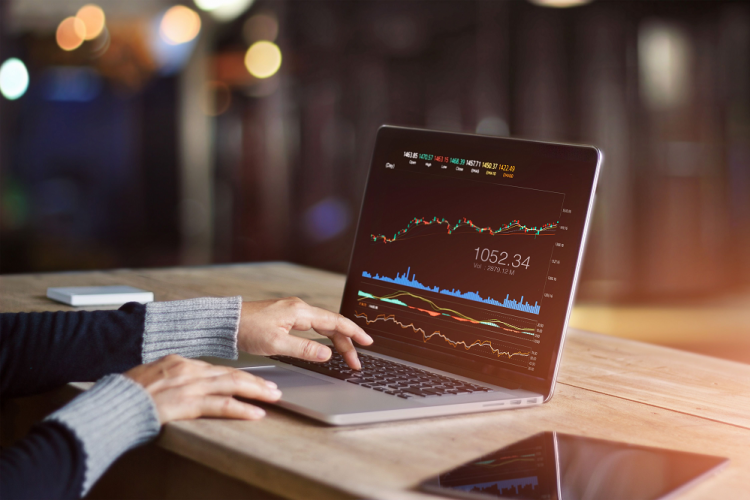Shifting from a demo to a live account is a relatively straightforward process. Depending on the broker, it could be as easy as clicking on a webpage a couple of times to fund an account and begin trading live. Generally, brokers will encourage traders to trade live, and the demo is the first part of the process of taking a new client on.
One of the most important things to remember is that trading a live account is much different from a demo account – at least from a psychological standpoint. After all, traders begin to experience losing real money, which is more painful than being wrong on a trade.
Their pride is at stake in a demo account if they are wrong, but their pride and money are on the line in a live account.
Legal Documents
In opening a live account, traders must provide a certain amount of documentation. Mostly, they will only offer a live account after showing proof of identity, residency, and other legal documents needed for the regulatory entity a broker needs to deal with. Above all, traders look at some type of government identification, and a utility bill from the address traders live at. Also, there will be a few legal documentations to sign provided by the company’s attorneys.
Moreover, there might be a code of conduct agreement, especially if there is such a thing as a social trading platform. And this will depend on every broker. But generally, these are the ‘hoops’ traders will have to jump through.
Funds
Now, funding will differ from broker to broker. However, most accept bank wires, checks, and different types of electronic payments, like PayPal, Skrill, and many more. In the funding part, the proof of identity is vital to the brokers because there are stringent anti-laundering laws internationally that brokerage accounts used to be used against. Funding takes only a few minutes to a couple of days, depending on the broker and the form used.
Psychological Part
The psychology of going live is quite a mix. At first, it is an exciting time to be a trader because it becomes real. But fear will become a serious problem too. All of a sudden, losing matters, and traders will see that they are much less comfortable trading than they are when it is all paper trading.
Then, the psychological part of trading is the hardest; at the same time, it is the most important. The traders’ psychology will get through the challenging parts and keep them grounded during the high times. The success lies within the realm of psychology and money management.
Money Management
Money management plays a huge part in someone’s success or failure. In fact, random trading can be profitable if traders use proper money management and psychology. This is the reason a lot of traders use the same system as another and come out with entirely different results. It all comes down to being able to keep the losses small and let the winners run. Though it is a cliché thing to hear, it is the truth, and that’s why it is so important to hear about it.

